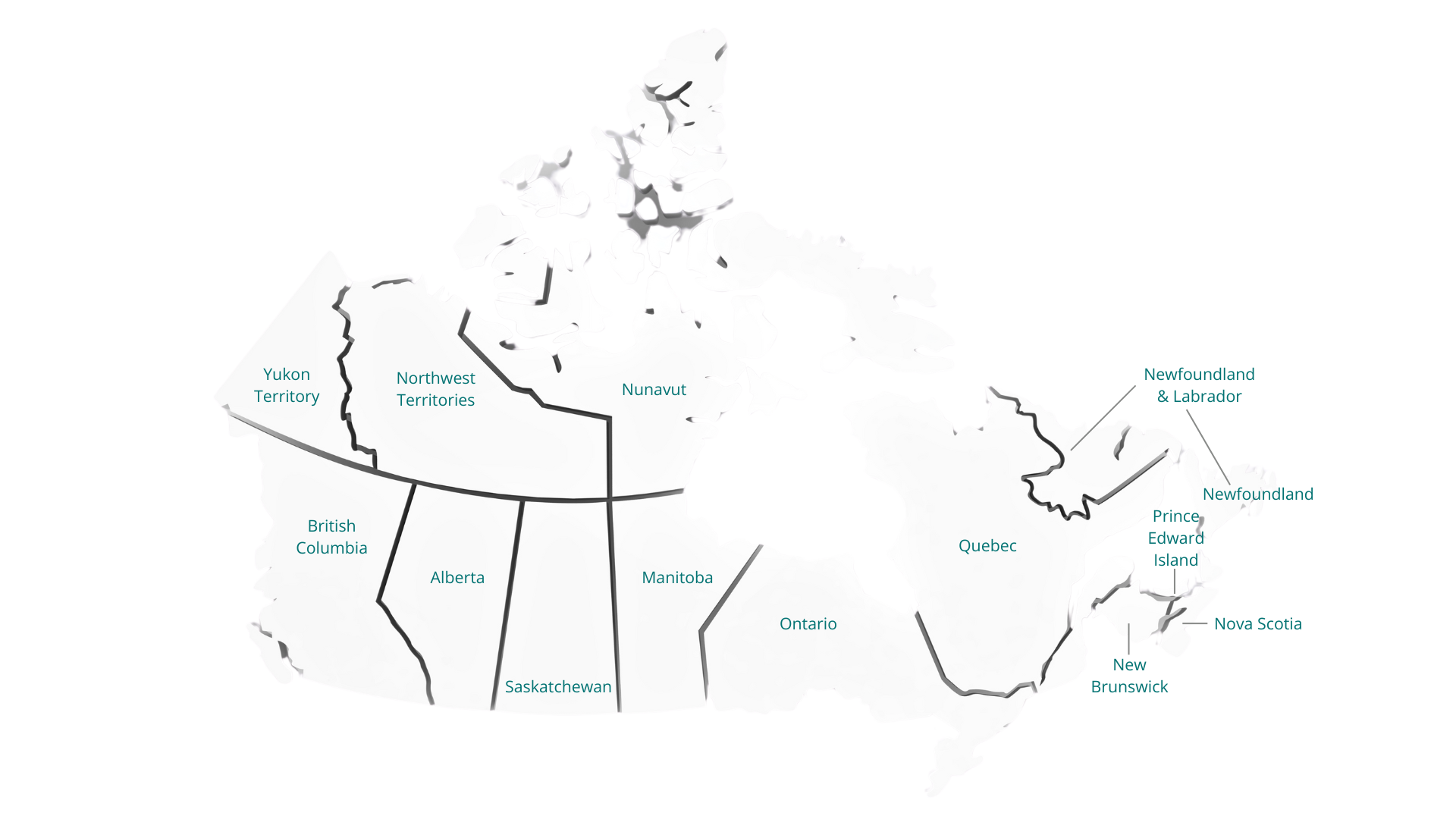Home New

What is the Indian Boarding Homes Program Class Action?
The Indian Boarding Homes Program was created by the Government of Canada, placing children from First Nations, Métis and Inuit villages in communities to stay in private homes for the purpose of attending school.
This Indian Boarding Homes Class Action settlement is in response to two legal actions (Superior Court of Quebec and Federal Court cases) filed on behalf of Indigenous children who suffered harassment, abuse, loss of language and culture, and other harms as a result of their participation in the Indian Boarding Homes Program. Through the litigation, plaintiffs sought compensation, recognition, and justice for their experiences and harms suffered.
The Indian Boarding Homes Class Action provides compensation to people placed in these homes as part of this Indigenous class action settlement.
Eligibility & The Claim Process
If you were affected by the Indian Boarding Homes Program, now is the time to come forward and submit your compensation claim.
Claimants must submit claims before the deadline of Monday, February 22, 2027.
To begin the claim process, follow these four steps:
- 1) Determine Eligibility
- 2) Select the Claim Form Category
- 3) Choose the Appropriate Claim Form
- 4) Use the Claim Form Guide
Hitgwin! Qaumata Miyopimâtisiwin Foundation
Canada committed $50 million to establish a foundation dedicated to healing, truth, and cultural preservation. The Hitgwin! Qaumata Miyopimâtisiwin Foundation (HQMF – Stand Up/Rise, Shine, Live a Good Life Foundation) acknowledges the harm caused by the Indian Boarding Homes Program, while supporting efforts to promote healing, restore transparency, and preserve Indigenous languages and cultures for future generations.

Subscribe to Updates
To receive the latest updates regarding the class action settlement, please click the subscribe button below.
Community Impact
We are on the ground in communities across the country – sharing information and raising awareness. Through outreach, education, and support, we are working toward healing and reconciliation, one conversation at a time.

YUKON TERRITORY
Communities Visited:
- Liard First Nation
- Whitehorse
- Champagne and Aishihik First Nations
NORTHWEST TERRITORIES
Communities Visited:
- Yellowknife
ALBERTA
Communities Visited:
- National Indigenous Cultural Expo
- National Gathering of Elders
- Edmonton
- Bigstone Cree Nation
- Sucker Creek First Nation
- Whitefish Lake First Nation #459
- Sturgeon Lake Cree Nation
- Calgary
- Maskwacis
- Kainai Nation
- Siksika Nation
- G4 Health Session
- Enoch Cree Nation
- Tsuut'ina Nation
- Piikani Nation
- Dene Tha' First Nation | Chateh
- Dene Tha' First Nation | Meander River
- Dene Tha' First Nation | Bushe River
- High Level Native Friendship Centre
- Little Red River Cree Nation
- Aboriginal Friendship Centre of Calgary
BRITISH COLUMBIA
Communities Visited:
- BC Elders Gathering
- Gitlaxtaamiks Village Government
- Kermode Friendship Society
- Gitlaxdax Nisga'a Terrace Society
- Gingolx Village Government
- Gitwinksihlkw Village Government
- Gitmaxmak'ay Nisga'a Society (Prince Rupert)
- Musqueam Indian Band
- Vancouver Aboriginal Friendship Centre Society
- Nisga'a Ts'amiks Vancouver Society
SASKATCHEWAN
Communities Visited:
- Prince Albert Grand Council First Nations
- File Hills Qu'Appelle Tribal Council | Fort Qu'Appelle
- File Hills Qu'Appelle Tribal Council | Regina
- Lac La Ronge Indian Reserve
- Hall Lake
- Stanley Mission
- Grandmother's Bay
- Little Red
- Montreal Lake
- Prince Albert Cultural Centre
- Prince Albert Grande Council Assembly
- Federation of Saskatchewan Indian Nations Assembly
- Peter Ballantyne Cree Nation - Sandy Bay
- Deschambault Lake Education Conference
- Pelican Narrows Education Conference
- Denare Beach
- Pelican Narrows
- Southend
- Metis Nation of Saskatchewan (Regina)
MANITOBA
Communities Visited:
- Sapotaweyak First Nation
- Swampy Cree Tribal Council
- Assembly of First Nations General Assembly
- Winnipeg | Ma Mawi Chi Itata Centre
- Sagkeeng First Nation
- Norway House First Nation
- Cross Lake Band of Indians Pimicikamak Cree Nation
-
Manitoba Keewatinowi Okimakanak Inc. (MKO) General Assembly
- Nisichawayasihk Cree Nation (Nelson House)
ONTARIO
Communities Visited:
- Temagami First Nation
- North Bay
- Robinson Huron Treaty Gathering
- Sioux Lookout
- Lac Seul First Nation | Kejick Bay
- Lac Seul First Nation | Whitefish Bay
- Lac Seul First Nation | Frenchman's Head
- Thunder Bay
- Kitchenuhmaykoosib Inninuwug
- Moose Cree First Nation
- Attawapiskat First Nation
-
Timmins Native Friendship Centre
- Ininew Friendship Centre
- Chiefs of Ontario
- Assembly of First Nations Special Chiefs Assembly
- N'Swakamok Native Friendship Centre
- Mattagami First Nation
- Wikwemikong Unceded Territory
- M'Chigeeng First Nation
- Nipissing First Nation
- Barrie Native Friendship Centre
- Beausoleil First Nation
- Georgian Bay Native Friendship Centre
QUEBEC
Communities Visited:
- Timiskaming First Nation
- Kebaowek First Nation
- Long Point First Nation
- Waswanipi First Nation
- Mistissini First Nation
- Waskaganish First Nation
- Chisasibi First Nation
- Val D'Or Friendship Centre
- Makivik Board Supper
- Pessamit First Nation
- Pekuakamiulnuatsh Takuhikan
- Algonquins of Barriere Lake
- Kitigan Zibi Anishinabeg
- Wimindji Cree Nation
- Eastmain Cree Nation
- Maniwaki Native Friendship Centre
- Kuujjuaq Inuit community
NUNAVUT
Communities Visited: Coming Soon.
PRINCE EDWARD ISLAND
Communities Visited: Coming Soon.
NEWFOUNDLAND & LABRADOR
Communities Visited: Coming Soon.
NEW BRUNSWICK
Communities Visited: Coming Soon.
NOVA SCOTIA
Communities Visited: Coming Soon.




